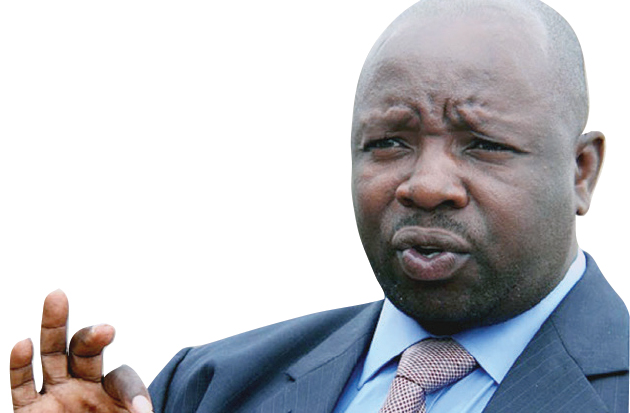South Sudan wants 20,000 Zim graduates

Patrick Chitumba Midlands Bureau Chief
THERE is a ray of hope for unemployed graduates as South Sudan wants 20,000 Zimbabweans to work in different fields in the North African country.
The graduates will be paid United Nations international rates for expatriates which are far more than salaries most Zimbabweans are paid in foreign countries.
In June last year, the government invited those who graduated from the country’s tertiary institutions since 1980 to forward their names for possible employment outside the country while it works on various ways of creating employment as espoused in its economic blueprint, Zim-Asset.
Negotiations with a number of countries that include South Africa are on the cards.
Next week, the government will sign a memorandum with South Sudan to pave way for 20,000 Zimbabweans to work in that country.
Addressing academics, business leaders and government officials at the first annual Midlands State University (MSU) interface meeting in Gweru on Tuesday, the deputy director of higher education programmes in the Ministry of Higher and Tertiary Education, Science and Technology Development, Caleb Mharapira, said South Sudan wanted 20,000 professionals in different fields.
He said those who will be employed will leave for South Sudan “shortly”.
Mharapira said the government was still debating on which proposal to adopt between making the expatriates remit 25 percent of their salary back to their families or depositing it into a pool monitored by the government.
“There should be at least a percentage that will be remitted back to the country or directly into a government pool and we’re still looking at the proposals. So what it means is that their families, our banks and the government will benefit from their salaries,” said Mharapira.
He said those to be employed in South Sudan will be paid UN rates for expatriates.
Mharapira however said if people listen to the BBC and CNN, they would refuse to go and work in South Sudan because the media houses paint a gloomy picture of that country just as they do on Zimbabwe.
He said the government had also finished laying the ground work for graduates to go and work in Botswana, Namibia and Zambia.
Mharapira said they were still negotiating with South Africa and Malawi for possible MoUs.
“We’ve done the groundwork for those intending to work in Botswana, Namibia and Zambia and negotiations are underway with Malawi and South Africa. We want our graduates to be paid UN expatriates rates. In South Africa, our graduates are at the moment negotiating their salaries which shouldn’t be the case,” he said.
He said Britain and other European countries made it by exporting their human resources across the globe and this is what Zimbabwe is doing.
Mharapira said the graduates will be taken from the database of unemployed graduates which the government created. Last year, he said, the government called on unemployed graduates to register for possible job placements both abroad and locally.











Comments